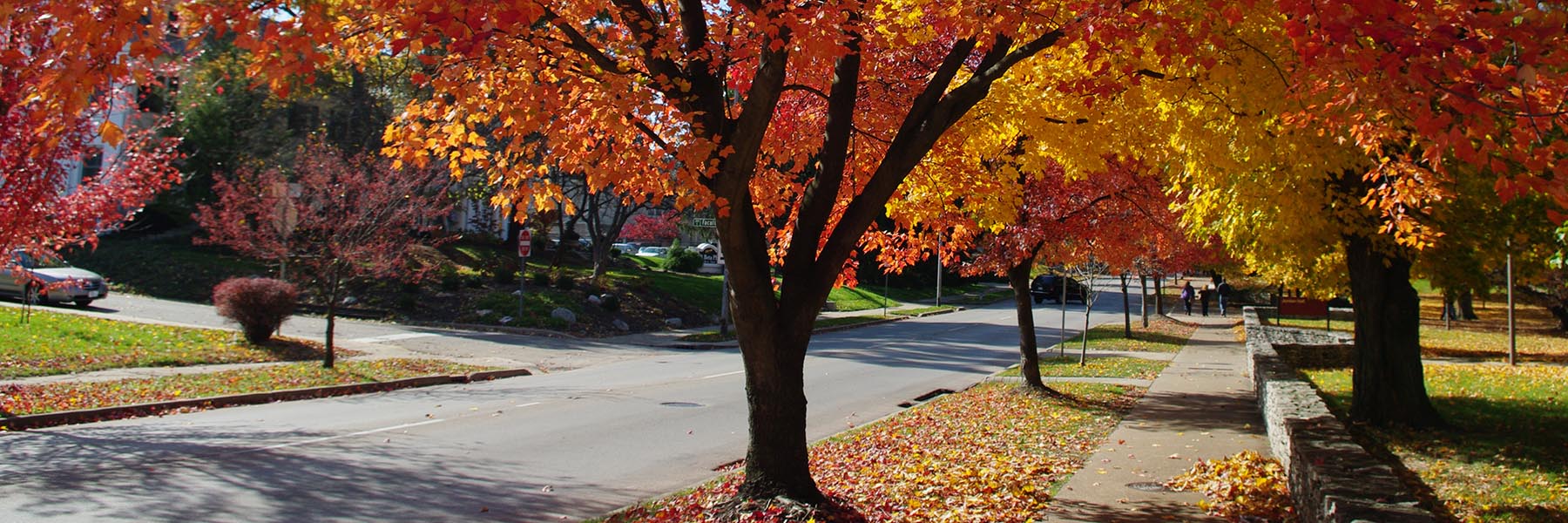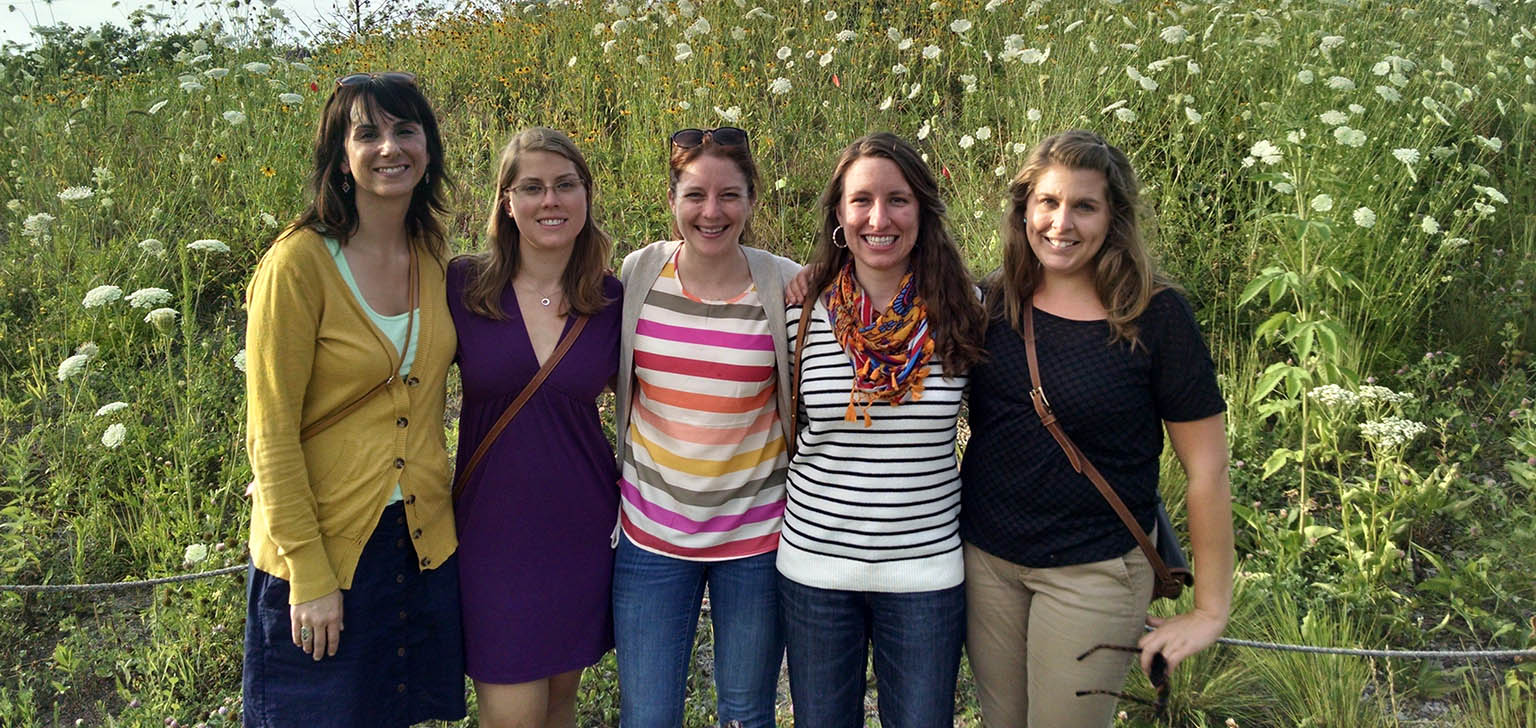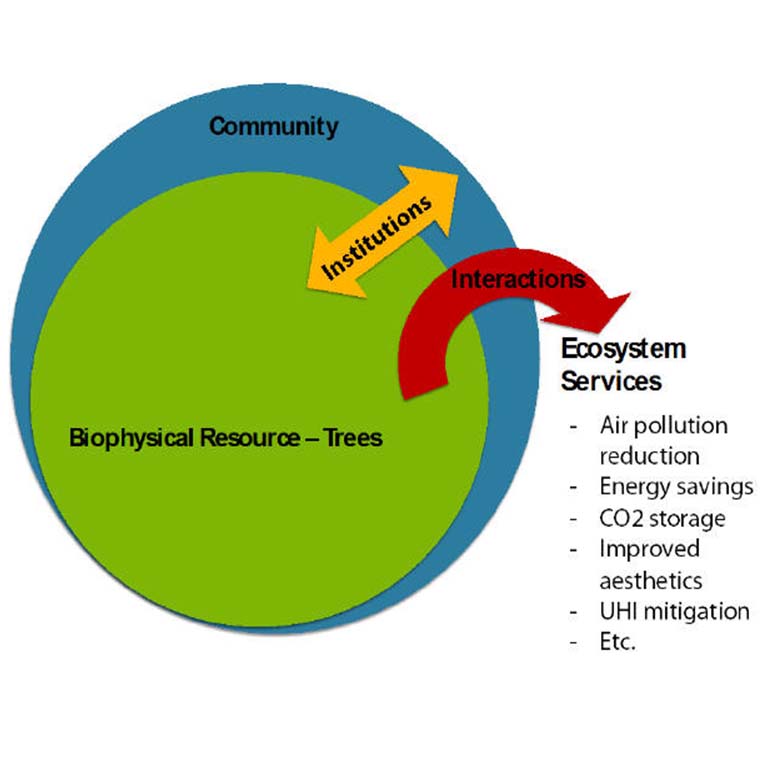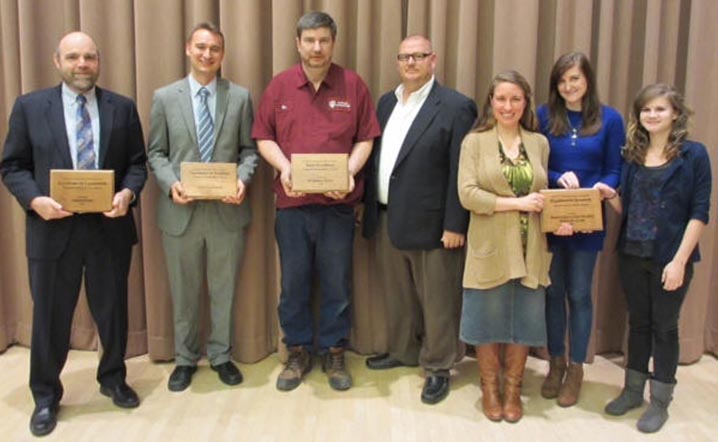We are a team of faculty, graduate and undergraduate students and partners who conduct research, provide outreach and service, teach classes and make presentations in urban forest management, urban ecology and related subjects. Located at IUB O'Neill and the Ostrom Workshop, and we primarily focus on Bloomington and the state of Indiana, and interact with municipal and non-profit urban forestry programs and partners throughout the Midwestern and Eastern USA and even beyond.
Our website works best in the following ways:
- To keep abreast of active projects we highlight something monthly in Recent News
- The current and past roster of our team is under People
- On-going Research and Outreach is by major project areas.
- Publications and Presentations are by calendar year.
- On-going and past teaching efforts are under Teaching.
If you have a question feel free to contact Burney Fischer at
bufische@iu.edu, we would love to hear from you.





